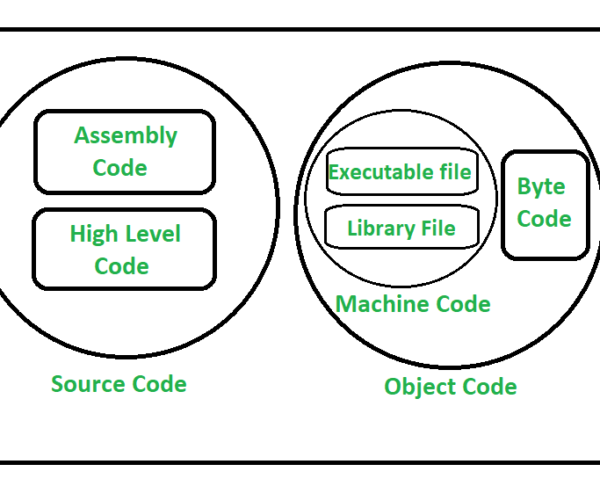Blockchain technology has emerged as a game-changer in various industries, and one of the areas where it’s making a significant impact is supply chain management. With its decentralized and transparent nature, blockchain is revolutionizing how supply chains operate, ensuring efficiency, security, and traceability.
Introduction
Supply chain management involves the complex coordination of various processes, from production to distribution, to ensure that products reach consumers efficiently. However, traditional supply chains are often marred by inefficiencies, lack of transparency, and susceptibility to fraud. This is where blockchain steps in.
1.Understanding Blockchain Technology
At its core, blockchain is a decentralized and distributed digital ledger that records transactions across multiple computers. Each transaction, or block, is linked to the previous one, creating a chain of secure and tamper-evident records. This technology eliminates the need for intermediaries and provides a high level of transparency.
2.The Need for Blockchain in Supply Chains
In a globalized economy, products traverse numerous stages and locations before reaching the end-user. This complexity introduces challenges like lack of visibility and difficulty in verifying the origin of goods. Blockchain addresses these issues through:
Enhancing Transparency and Traceability
Real-time Tracking of Goods
Blockchain allows real-time monitoring of products at every stage of the supply chain. This transparency enables stakeholders to identify potential bottlenecks and take proactive measures.
Provenance Verification
Blockchain’s immutable records provide an auditable history of a product’s journey. This verification of provenance helps in ensuring the authenticity and quality of goods.
Strengthening Security and Data Integrity
Immutable Record-Keeping
Blockchain’s decentralized nature makes it exceedingly difficult for malicious actors to alter records. This immutability enhances the security of sensitive supply chain data.
Mitigating Counterfeiting
Counterfeit products are a significant concern in supply chains. Blockchain’s transparent ledger helps in verifying the authenticity of products and minimizing the circulation of fakes.
3.Smart Contracts and Automation
Blockchain’s capabilities extend beyond recording transactions. Smart contracts, self-executing agreements with predefined conditions, have the potential to revolutionize supply chain processes.
Streamlining Processes
Smart contracts automate tasks like payment processing and order fulfillment. This automation reduces delays and human errors, enhancing overall efficiency.
Ensuring Compliance
Supply chains often involve multiple parties, each with specific obligations. Smart contracts can ensure that all participants adhere to regulations and contractual terms.
4.Challenges of Implementing Blockchain in Supply Chains
While the benefits of blockchain in supply chains are compelling, implementation is not without challenges.
Integration Complexities
Integrating blockchain with existing systems requires careful planning and may lead to initial disruptions.
Cost Considerations
Implementing blockchain involves investment in technology and training. However, the long-term benefits can outweigh the initial costs.
5.Future Outlook and Trends
The future of blockchain in supply chain management holds exciting possibilities:
Interoperability with Other Technologies
Blockchain is likely to integrate with IoT and AI, enabling even greater data-driven insights and automation.
Supply Chain Tokenization
Tokenizing assets on the blockchain could revolutionize how ownership and value are exchanged in supply chains.
Conclusion
Blockchain technology is reshaping supply chain management by addressing issues of transparency, security, and efficiency. While challenges exist, the potential benefits make the adoption of blockchain a compelling choice for companies looking to transform their supply chain processes.




